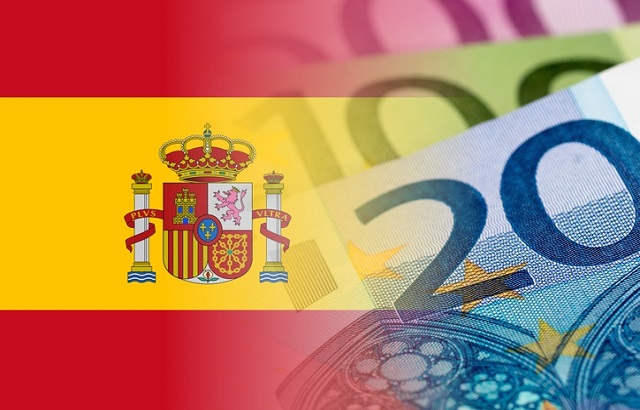Taxpayers in Spain are affected by two annual government budgets: the state budget and the regional one.
The ‘autonomous communities’ in Spain can adjust the local half of the income tax rates and adapt rates and allowances for wealth tax and succession tax, usually to make them more beneficial, writes Jason Porter, director at Blevins Franks.
The Spanish General Budget Law for 2021 was published in the official gazette on 31 December 2020 and applies from 1 January 2021.
This year’s state budget was the first to be approved since 2018.
Personal income tax
Previously, the top rate of personal income tax applied to income over €120,000.
Now the government has introduced a new income band for general earnings over €300,000 (£259,250, $358,010).
The state tax rate for this band is 24.5% for income received in 2021, compared to the previous 22.5%.
This is only the state half of the income tax rates, and around the same is applied again at regional level.
The combined top 2021 income tax rates for the key expatriate regions are from Andalacia at 48.2% and Valenciana at 54%.
Tax on savings income
Savings income is taxed separately to general income and it basically consists of interest income, dividend income, capital gains on the sale or transfer of assets, income derived from life assurance contracts, and purchased annuity income.
A 26% rate has been introduced for income over €200,000, so savings income in 2021 will be taxed at 19% up to €6,000, to 26% over €200,000.
Wealth tax
The state budget also introduces a higher rate of taxation for those with substantial wealth.
Worldwide wealth up to €10,695,996 is taxed the same as last year, with rates rising progressively from 0.2% for wealth up to €167,129 to 2.1% for wealth between €5,347,998 and €10,695,996.
But now the top state rate for wealth above this limit has increased from 2.5% to 3.5%.
This increase, however, only applies where the local autonomous community does not set its own rates.
Where it does, these continue to apply – and may or may not change from 2020, depending on the regional 2021 budget.
Andalucía, Balearic Islands, Cataluña, Murcia and Valenciana have all approved their own rates and, this year, they range from 0.2% to 3.5%.
Madrid currently applies a 100% relief of the wealth tax due, which effectively means that residents of the region do not pay any wealth tax at all, regardless of their wealth.
The wealth tax will now be applied indefinitely.
The measure was effectively abolished in 2008 but reinstated on a temporary basis during the financial crisis in 2011. It has been extended in successive budgets and will now be considered a permanent tax.
UK residents earning income in Spain
There have not been any budget changes for Brits, but UK residents should note that third-party nationals are taxed at a higher rate than EU/EEA nationals.
So, following Brexit, UK residents earning rental income from a Spanish property will now pay Spanish income tax at 24% instead of 19%.
Besides this, non-EU residents can no longer offset the expenses involved in maintaining and renting out the property.
‘Beckham Law’
A special tax regime is available for individuals who become Spanish tax resident as a result of an assignment to Spain.
While last year they paid income tax at a flat 24% rate, from 2021 income over €600,000 is taxed at 47%.
This article was written for International Adviser by Jason Porter, director at specialist expat tax and financial planning firm Blevins Franks.








